Petrol prices have gone up again, setting the stage for an increase in commodity and transport prices. The latest review of fuel prices by the Energy and Petroleum Regulatory Authority released on 14th October, however, offers relief for PSV operators by reducing diesel prices.
After taking into account the weighted average cost of imported refined petroleum products, the changes in the maximum allowed petroleum pump prices in Nairobi for the next one month are as follows: Super Petrol increases by Ksh0.72 per litre, while diesel decreases by Ksh 2.18 per litre.

The price of Kerosene remains unchanged since no cargo was discharged at the port of Mombasa between 10th September 2020 and 9th October 2020, the pricing period. These prices will be in force from 15th October 2020 to 14th November 2020.
The fuel prices in Kenya are inclusive of the 8% Value Added Tax (VAT) in line with the provisions of the Finance Act 2018, the Tax Laws (Amendment) Act 2020 and the revised rates for excise duty adjusted for inflation as per Legal Notice No. 194 of 2020.
The changes in this month’s prices are as a consequence of the average landed cost of imported Super Petrol increasing by 1.12% from US$ 327.69 per cubic metre in August 2020 to US$ 331.37 per cubic metre in September 2020 and Diesel decreasing by 5.42% from US$ 329.88 per cubic metre to US$ 311.99 per cubic metre.
The Free On Board (FOB) price of Murban crude oil lifted in September 2020 was posted at US$ 42.35 per barrel, a decrease of 7.41% from US$ 45.74 per barrel in August 2020.
Over the same period, the mean monthly US Dollar to Kenya Shilling exchange rate depreciated by 0.620/0 from KShs. 107.93 per US$ in August 2020 to KShs. 108.60 per US$ in September 2020.
The purpose of the petroleum pricing regulations is to cap the wholesale and retail prices of petroleum products so that importation and other prudently incurred costs are recovered while ensuring reasonable prices to consumers.
“EPRA wishes to assure the public of its continued commitment to the observance of fair competition and protection of the interests of both consumers and investors in the energy and petroleum sector,” EPRA Director-General Robert Pavel Oimeke said in a statement.

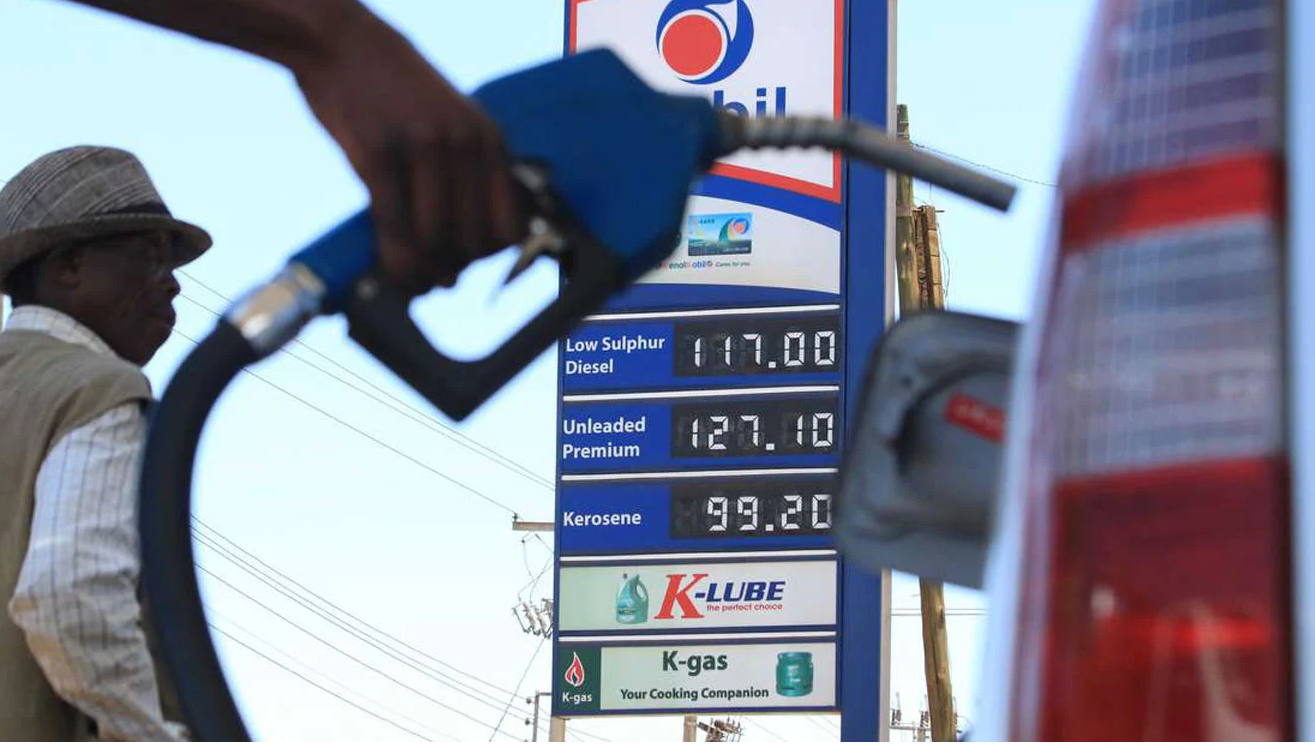


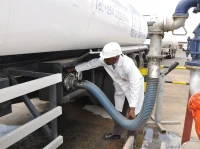

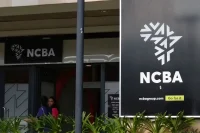
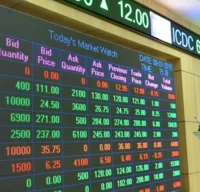

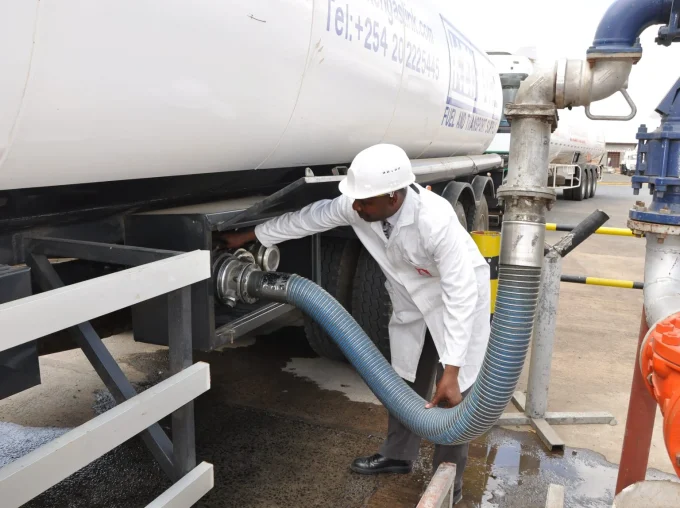
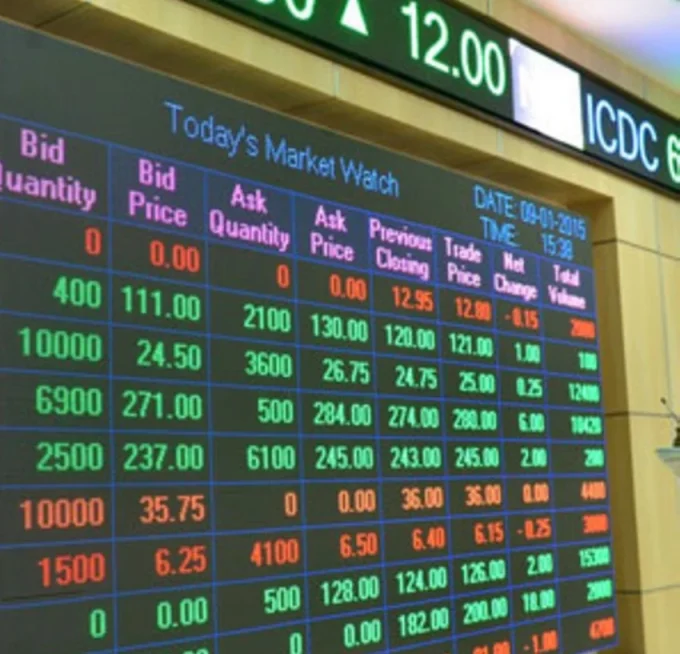
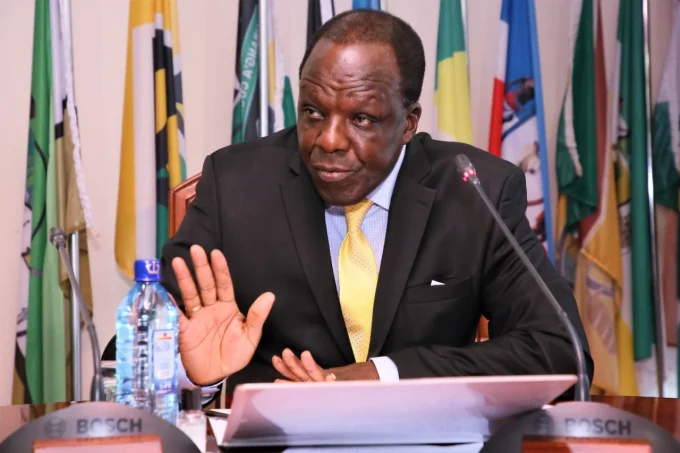

Leave a comment